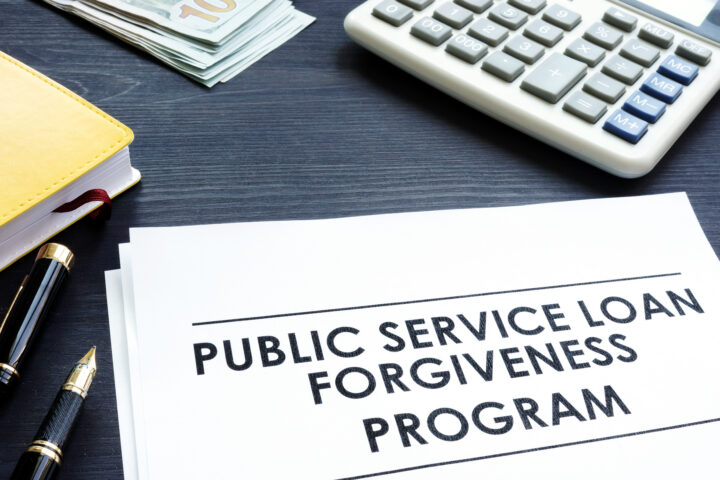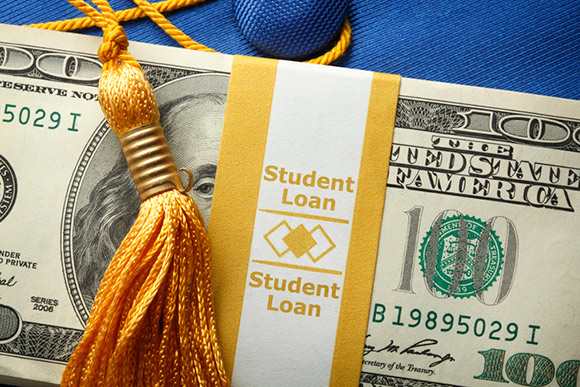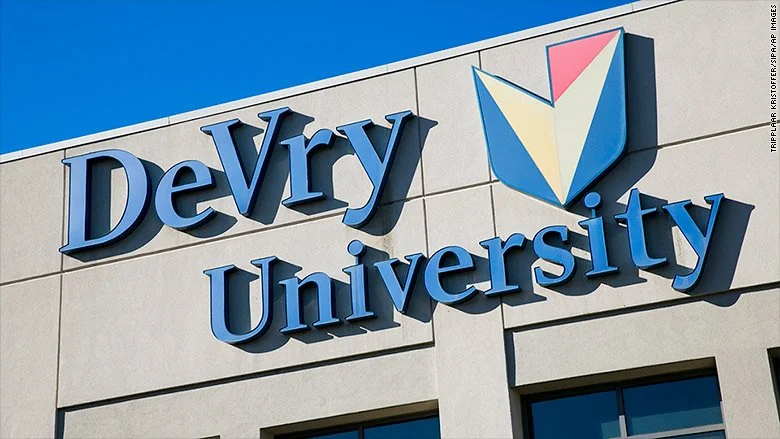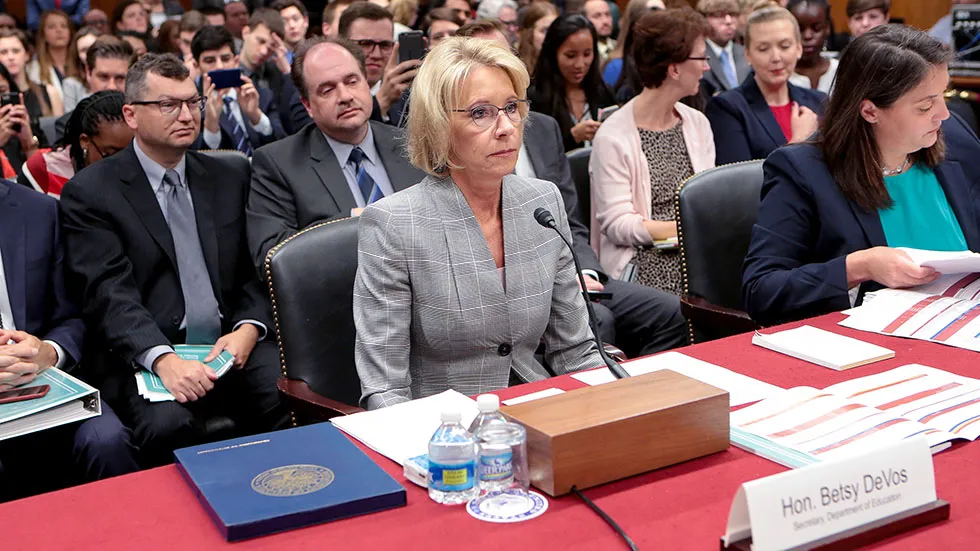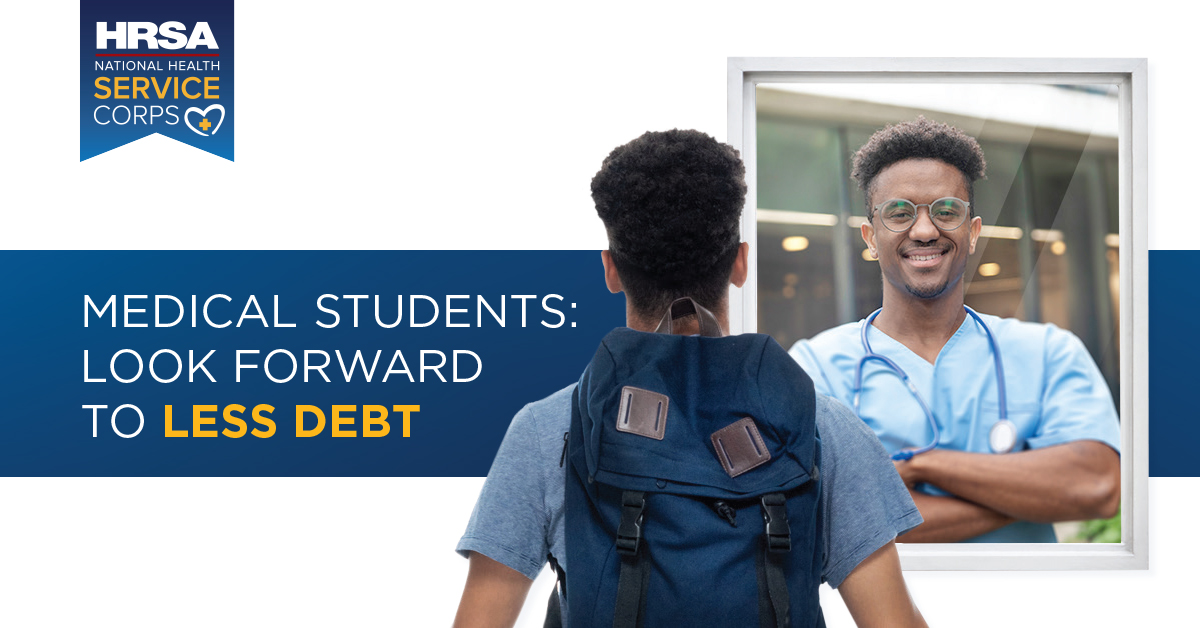
Should You Use a Student Loan Forbearance During the Cornavirus Crisis?
In this Guide I’m going to explain how the Coronavirus (COVID-19) public health crisis has impacted student loan forbearances.
I’ll go into details about how the new Coronavirus CARES Act has made forbearances more attractive than ever before, explain who should use them and how to use them.
Once you’ve figured out forbearances and Coronavirus’s impact on them, I’d suggest taking a look at my other post covering Coroanvirus benefits programs, including:
As you can probably tell by now, the Coronavirus public health crisis has significantly impacted student loans (especially Federal student loans).
But one of the most important thing that COVID has done is make Federal Student Loan Forbearances much, MUCH better options than they’ve ever been before.

But Before I Get Into It, Let Me Start With This…
I’ve been writing about student loans for over 10 years, and I want to give you one quick piece of advice; if you’re buried in student loan debt, then it may be time to pay an expert for assistance.
If you’re truly struggling with student debt, then you should also consider paying a Student Loan Debt Relief Agency for help. Why? Because the people working at these companies deal with student loans all day, every day, and they’re your best chance at figuring out how to get your loans back under control.
I’ve interviewed all sorts of debt relief agencies over the past 10 years, talking to all sorts of so-called “experts”, and I can tell you that in all honesty I’ve only found two companies I trust to offer actual financial relief to people struggling with student loans.
For help with FEDERAL Student Loans: Call the Student Loan Relief Helpline at 1-888-906-3065. They will review your case, evaluate your options for switching repayment plans, consolidating your loans, or pursuing forgiveness benefits, then set you up to get rid of the debt as quickly as possible.
For help with PRIVATE Student Loans: Call McCarthy Law PLC at 1-877-317-0455. They will negotiate with your lender to settle your private loans for much less than you owe, then get you a new loan for the much lower, settled amount. NOTE: McCarthy Law can ONLY help with Private student loans.
If you do decide to call one of these companies and you have a bad experience with either of them, PLEASE make sure to come back and let me know about it in the Comments!
Why You Should Put Your Loans Into Forbearance
To be honest, I’ve never been the biggest fan of utilizing Federal Student Loan Forbearance Programs.
Why? Because in the past, they’ve typically paused payments temporarily, while allowing interest to continue accumulating, putting people deeper into debt than before.
And in my experience, all that does is give people a 6 month, 1 year, or slightly longer period of time where they don’t have to worry about student loans, but as soon as they come back to repayment status, those borrowers end up with even bigger payments (and worse financial problems) than before!
But this math has all changed thanks to the coroanvirus crisis, and especially the CARES Act, which now allows you to use a Federal forbearance WITHOUT ANY PENALTIES!

Forbearances WON’T Accumulate Interest Until At Least September 30th!
As I mentioned, in the past, Federal forbearances let you temporarily pause loan payments, but while they were paused, the loans almost always kept accumulating interest.
But under the CARES Act, you’re able to pause your payments WITHOUT facing any interest accumulation until at least September 30th, 2020.
This means that you can pause your Federal Student Loan Repayment Plan today, not make any payments for the next 6 months, and not face a larger loan when repayment resumes in October 2020.

How Do I Apply To Pause My Loans?
That’s one of the best things about this program – you don’t have to even apply for it!
Under the new CARES Act, ALL Federal student loans owned by the government directly will be put into forbearance, payments will be paused, and interest will be paused.
That means you literally don’t have to do anything, and you can simply stop worrying about your student loans for at least the next SIX MONTHS (until September 30th, 2020).
This is the first time that anything like this has ever been offered, so you definitely do want to take advantage of the benefit and simply forget about your federal student loans until October 2020.
Are You Sure This is Legitimate?
Yes!
There’s tons of controversy about a whole host of other Federal Student Loan Relief Programs, from the Forgiveness programs like the Public Service Loan Forgiveness Program, to the Borrower’s Defense to Repayment Discharge Program, but in this case, there’s no controversy or trickery, at all.
While those other programs require tedious applications and detailed legal submissions, this new automatic, interest-free, payment pausing forbearance program is simple.
Again, you don’t have to do a thing!
Your loans are already being put on pause, your interest will not accumulate, and you would be foolish to keep issuing payments for the next 6 months, because there’s absolutely no reason to do so!

Please Don’t Make Federal Student Loan Payments Until October 2020
Even if you DON’T issue any federal student loan payments at all for the next 6 months, those “payments” you don’t send will STILL COUNT towards your Federal Student Loan Forgiveness payment threshold.
I explain this in detail in my Guide to Getting Faster Student Loan Forgiveness via the CARES Act, so for full details on how this works, please make sure to check that out!
Meaning, if you’re on the PSLF program, and are supposed to receive forgiveness on your loans after you’ve made 120 payments, then you’ll only have to actually make 114.
And if you’re on one of the Income-Driven Federal Student Loan Repayment Plans (which offer forgiveness at 240 and 300 payments), then you’ll get to make 6 fewer payments and still receive forgiveness.
And that’s a great deal, because it’s actually, literally FREE!

What Other Federal Student Loan Relief Programs Should I Consider?
Please, please do take advantage of the CARES Act and it’s automatic loan payments, as everyone is hurting financial right now and there’s simply no reason to issue any payments on your Federal student loans for as long as the benefit is in place.
But, if you want to start shopping around for options on what to do once this payment, interest, and debt collections pause ends, please take a look at the following pages of my site:
I’m fairly certain I’ve built up the best resource on the entire interest for getting Help with your Federal Student Loans, so as long as you look through the pages above, you’re nearly certain to find SOMETHING that can help you eliminate your loans faster.
What Private Student Loan Relief Programs Should I Look Into?
And if you have private student loans, then you’ll need to look at my Guides on getting Help with Private Student Debt, which you can find here:
The Private relief programs aren’t as good as what Federal borrowers get access to, but that doesn’t mean you can’t find SOMETHING to help.
If you have any other questions about the CARES Act, the Coronavirus and it’s impact on student loans, or just about student loans in general, please do feel free post them in the Comments section below.
I’ll do my best to get you a response within 24 hours!

Finally, Please Help Me Out!
Running this website is like working a second full-time job; it’s exhausting, it takes hours of work each and every day, and I can only continue to do that with YOUR support.
If you found this article useful, then PLEASE consider helping me out by sharing it on Facebook, Reddit, Twitter or anyone where online.
The more people who visit FSLD, the more time I can dedicate to writing up Guides like this one and helping borrowers like you.
Thank you for visiting, and thank you so much for your support!
Disclaimer:Information obtained from Forget Student Loan Debt is for educational purposes only. You should consult a licensed financial professional before making any financial decisions. This site receives some compensation through affiliate relationships. This site is not endorsed or affiliated with the U.S. Department of Education.
